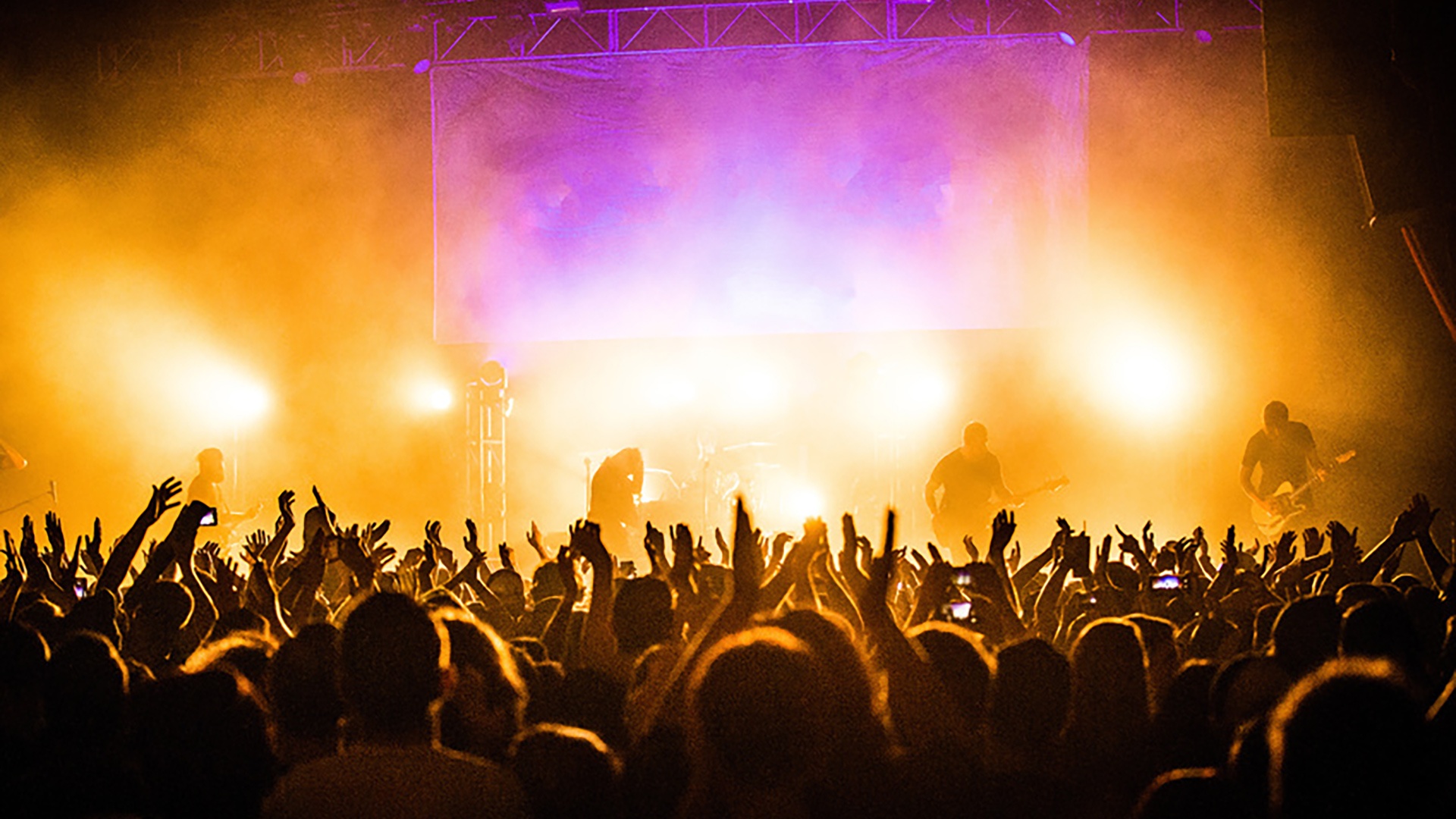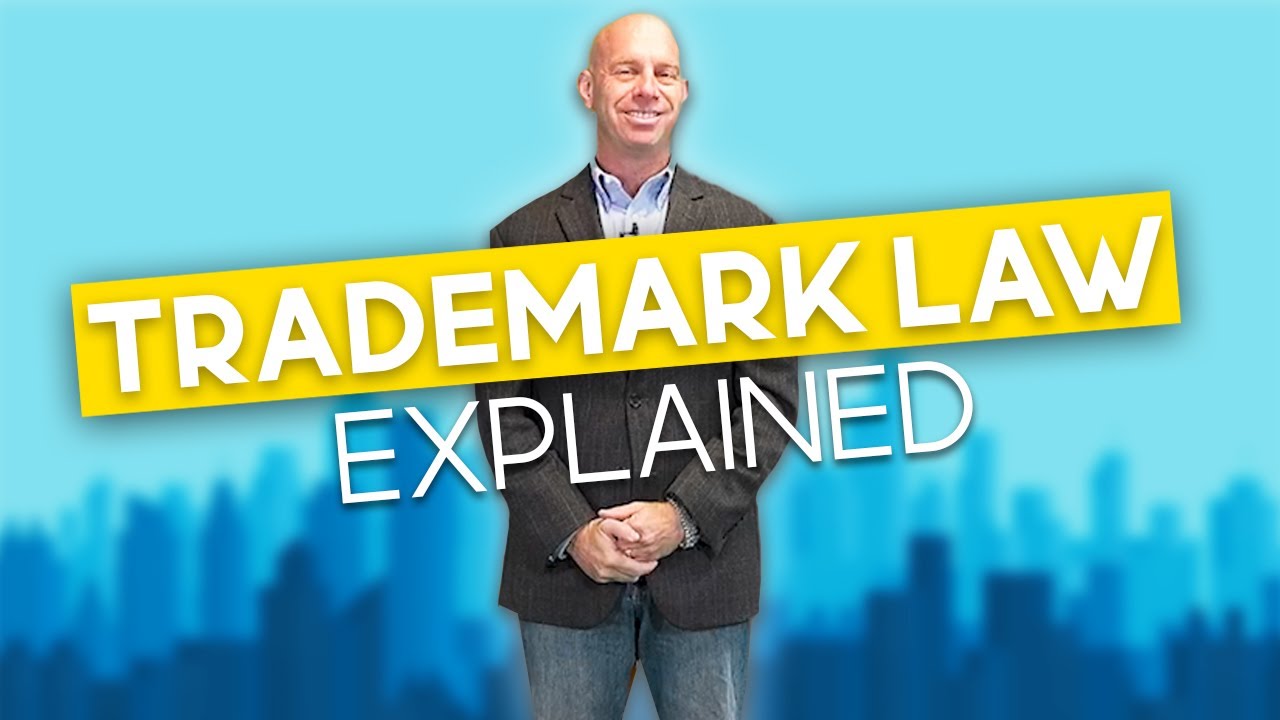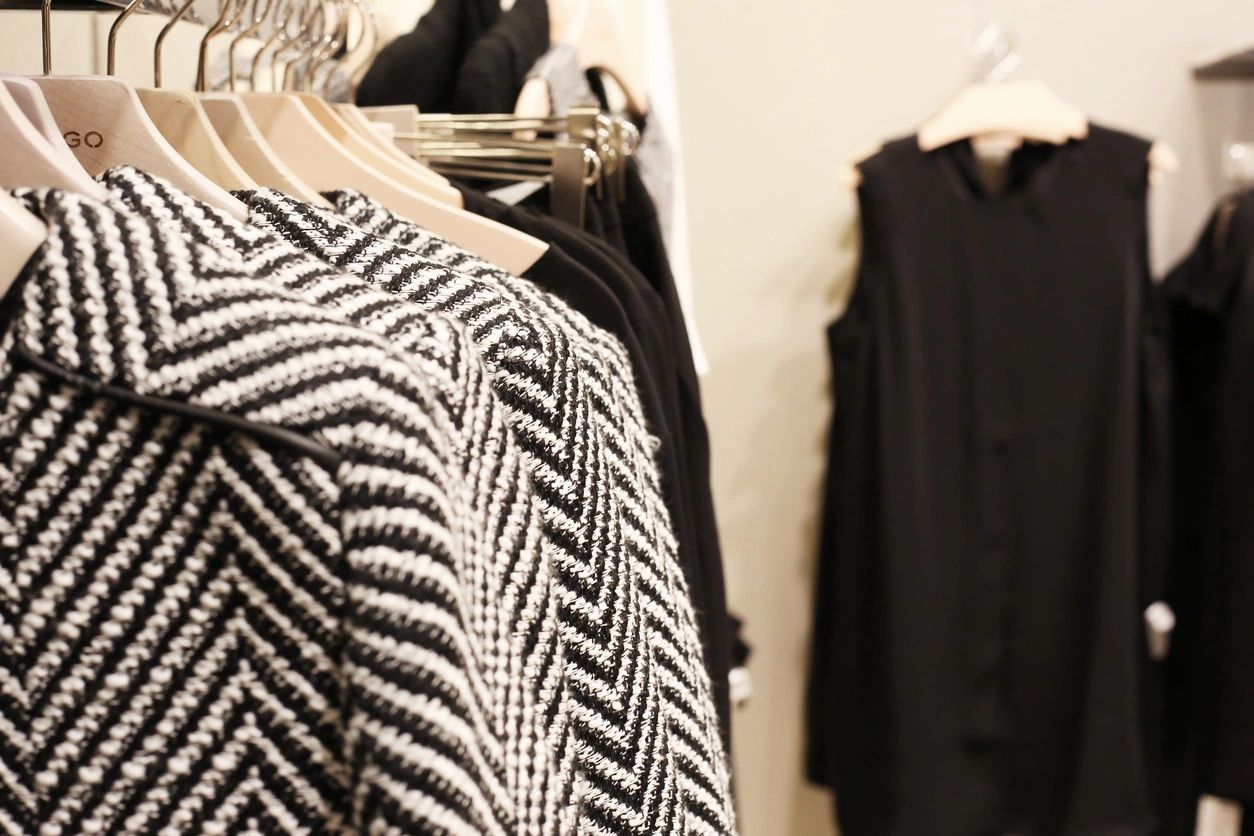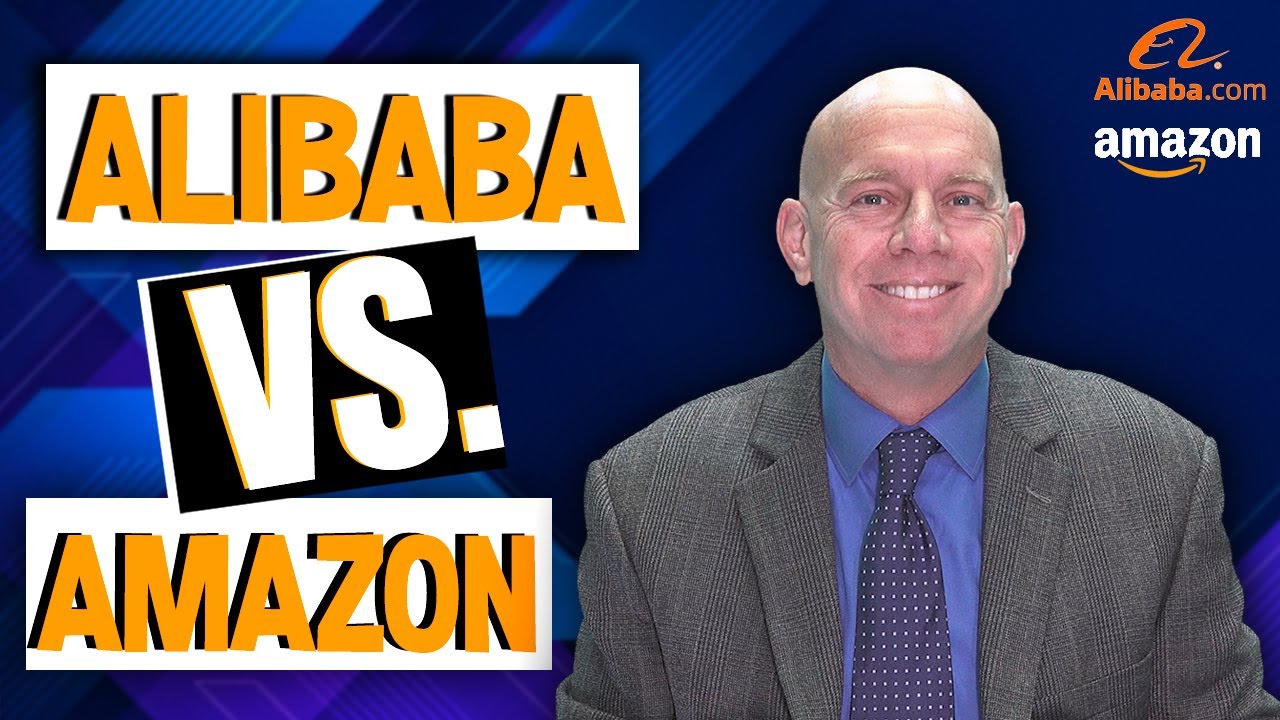
Just like bands, individual artists/singers can find themselves as a target of counterfeit merchandise.
The Case of Harry Styles: an Introduction
On September 13th, 2017, Under Live Nation, Harry Styles filed for “a temporary restraining order, a seizure order; and an order to show cause” [1].
 Apparently, due to his then upcoming shows on September 20, 2017 and subsequently July 13 & 14, 2018, it was pertinent for Harry Styles to take legal action for the “manufacture, distribution and sale of infringing T-shirts and other merchandise that bear the trademarks, service marks, likenesses and logos of the Artist to do so at the concerts here and at other sites on the tour” [2].
Apparently, due to his then upcoming shows on September 20, 2017 and subsequently July 13 & 14, 2018, it was pertinent for Harry Styles to take legal action for the “manufacture, distribution and sale of infringing T-shirts and other merchandise that bear the trademarks, service marks, likenesses and logos of the Artist to do so at the concerts here and at other sites on the tour” [2].
For one, the potential monetary loss for the Trademark or Copyright holder due to infringing merchandise is vast; especially in this case for an artist like Styles. Secondly, the reputation of the artist is at risk of being jeopardized with the continuation of the infringing merchandise, as the goods are detailed as “inferior” and “will necessarily be seen as associated with them, cannot be calculated or remedied” [3].
Along the same lines, the infringing goods confuse the fans and potential customers with this quality and deceives them into paying they hard-earned money for fake goods; these “actions are completely unauthorized” [4].
What Was Violated?
Similarly to the Chance The Rapper case, the infringement (bootleg merchandise) is a violation of the Lanham Act which protects against infringing goods.
“To establish a violation of section 43(a) “a plaintiff must demonstrate (1) that it is the prior owner of the trademark, and (2) that the defendant adopted a trademark that is the same or confusingly similar” [5]. In this way, the defendant(s) using Harry Styles’ photo and other protected characteristics “for commercial advantage and without any permission from Plaintiff” [6].
Another interesting aspect of the court documents is that the intent of the infringers/defendants is brought up as well. The “bootleggers are persons extremely experienced with selling infringing merchandise” [7]. Indicating that the defendants are not operating without knowledge, the plaintiff establishes background and that it is not so out of the ordinary that the defendants did the same thing they have done in the past. By filing this document, the plaintiff has stated prior infringement on the defendants.
Conclusion
Harry Styles, like other artists and bands such as The Beatles and Chance The Rapper, took legal action against infringers using his likeness for profit through merchandise.
No matter how famous or unknown, as an artist, nothing is more important than your creative property; without proper precautions, your artwork can be legally trademarked by someone else, making you the infringer. Even with the proper documentation, however, there is still a possibility that someone may attempt to infringe upon your work.
This is where firms like Rosenbaum Famularo, PC can step in to help. Having a team of professional lawyers register your band for all relevant intellectual property protections and then actively protect said marks for you will make it more difficult for others to infringe upon your works and keep your hard-earned money in your pocket. Your focus, as an artist, should be on making music and playing your shows.
Let the team at Rosenbaum Famularo, PC protect the rest!
Harry Styles Counterfeit Concert Merchandise
[1] Live Nation Merchandise, INC. Plaintiff, v. John Does Trial Court Documents Westlaw
[2] Ibid.
[3] Ibid.
[4] Ibid.
[5] Ibid.
[6] Ibid.
[7] Ibid.








